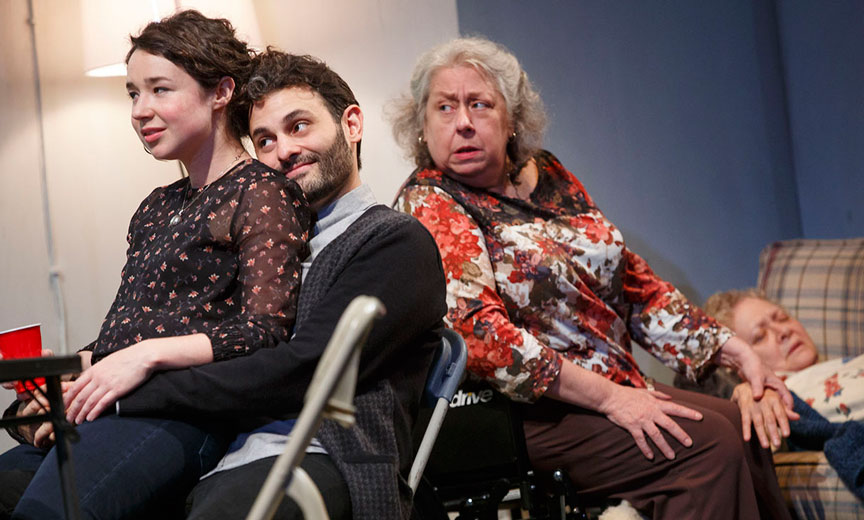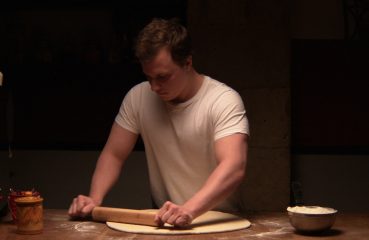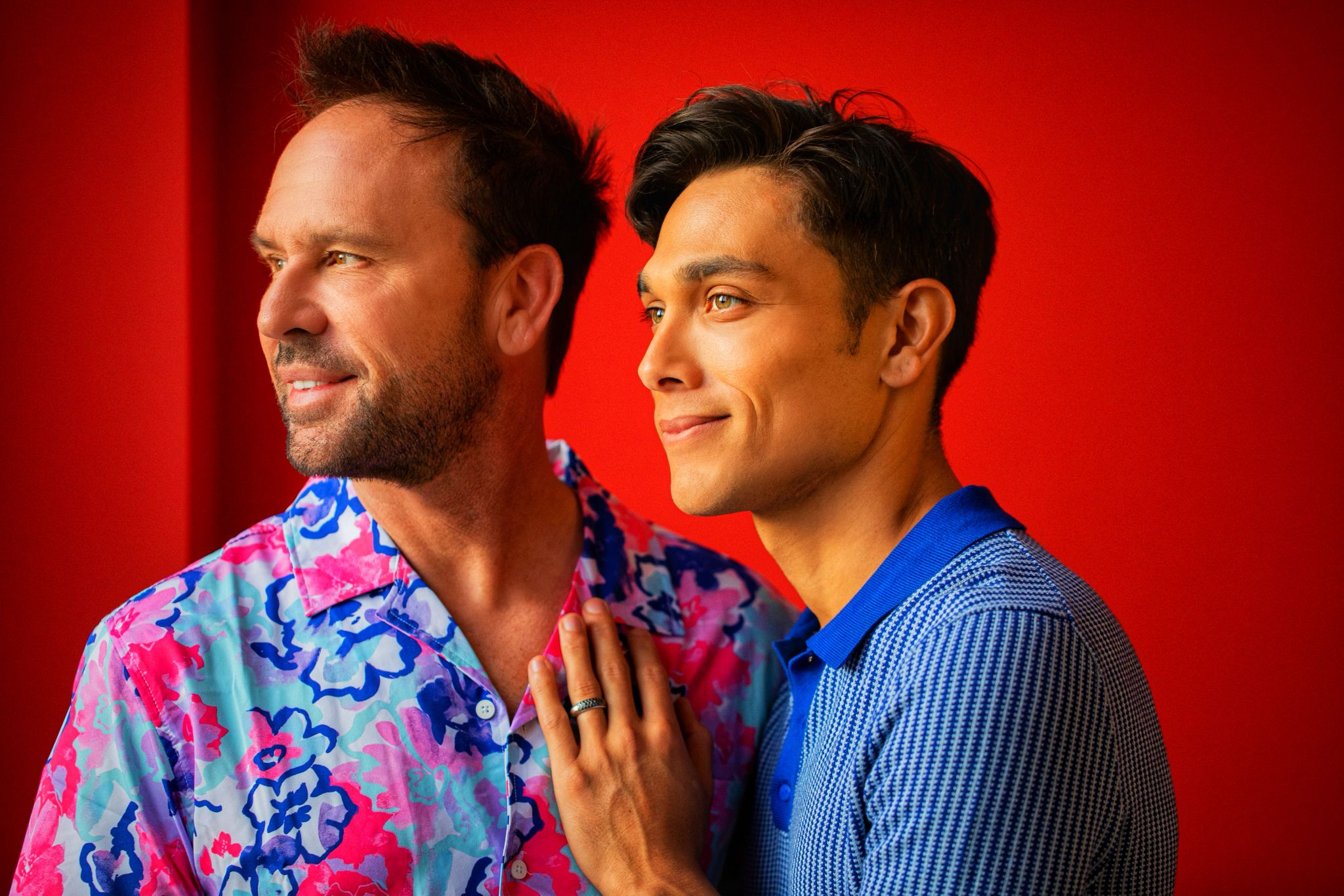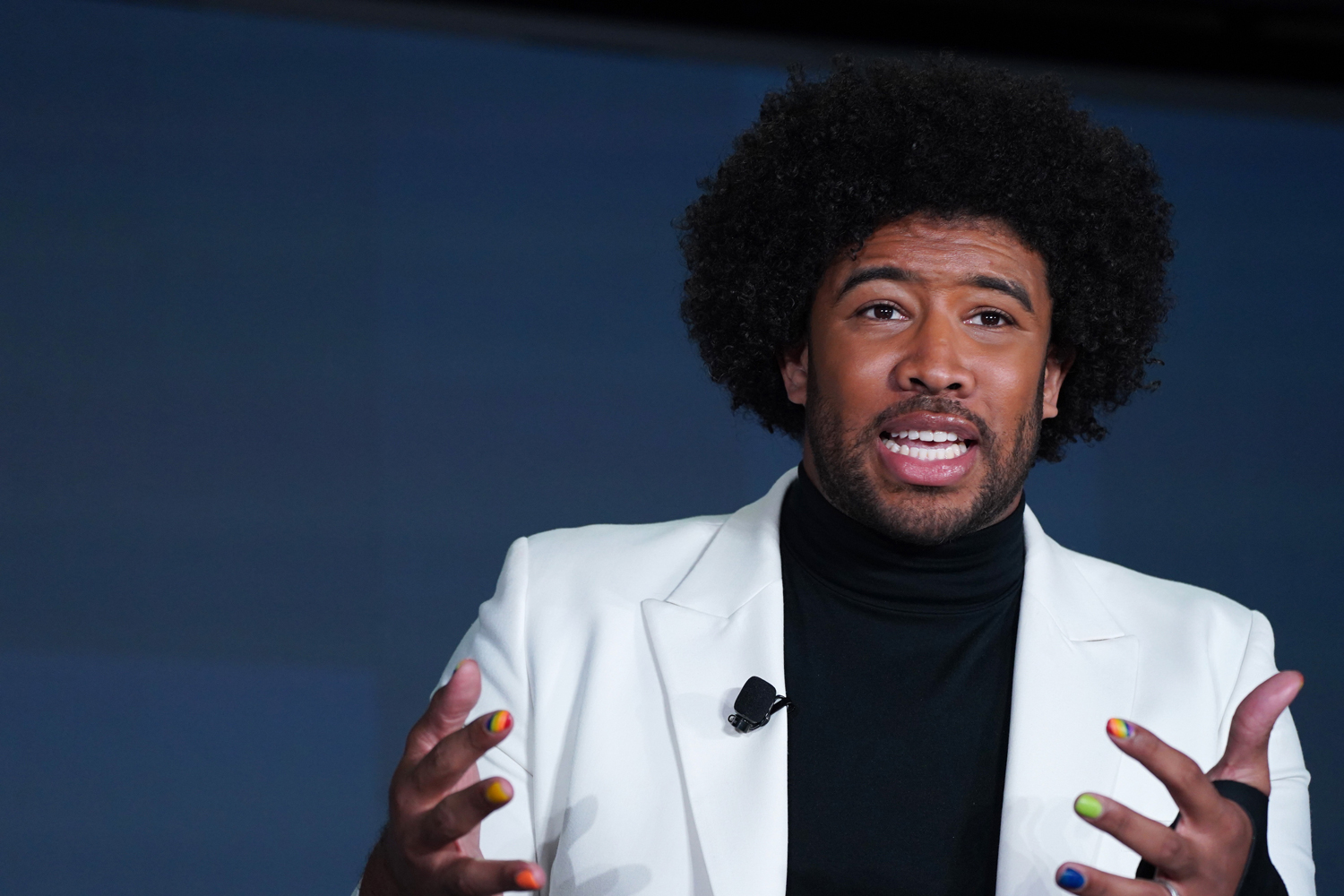What can recent Los Angeles productions of Eugene O’Neill’s classic Long Day’s Journey into Night and Stephen Karam’s 2016 Tony-winner The Humans teach us about the nature of family?
Written nearly six decades apart, Long Day’s Journey into Night (at the Wallis Center for the Performing Arts) and “The Humans” (at the Ahmanson Theater) both grapple with family dysfunction and the human condition using a small cadre of actors hashing out their grievances and personal demons within the confines of their homes (each a single and sparingly designed set) during a contracted period of time. I had the opportunity to see memorable performances of each within the space of two weeks, making for an interesting juxtaposition.
“Long Day’s Journey” takes place on a single day (in four acts) at the Connecticut summer cottage of actor/landowner James Tyrone (Academy Award winning actor Jeremy Irons) and showcases the trials and tribulations of the Tyrone family, fueled by the “Will-she or won’t-she succumb to her morphine addiction?” of matriarch Mary Tyrone and the “Will-he or won’t-he succumb to an early death by tuberculosis of youngest son Edmund?”
In the other corner, we have the Blake family as depicted in his play “The Humans,” which is set in present day New York (Chinatown to be precise) in a dilapidated but spacious duplex as they gather for Thanksgiving, in what turns out to be an equally cathartic (if tumultuous) family gathering. There’s much to find in common in these two towering examples of dysfunctional Irish-American families struggling to cope with the demons of their past and present. Both plays have won a slew of awards and both productions are graced with a fine company of actors to help navigate the terrain of the human condition.
A Shorter Journey
Journey comes with an impressive bit of lore and baggage, which lends it a certain mystique right out of the gate. O’Neill never intended this semi-autobiographical play to be performed and left explicit instructions that it not be published until 25 years after his death. His widow saw to it that neither of the playwright’s wishes were honored. This production at the Wallis (directed by Sir Richard Eyre) originated in London’s West End, followed by a run in Brooklyn before making its final stop at the Wallis. It was cut from its standard four-hour running time to three and a half-hours (including intermission). This still-harrowing journey was groundbreaking for its time.
One can see why veteran actors are drawn to this material. Actors from Lawrence Olivier to Katherine Hepburn, Jason Robards Jr. to Jack Lemmon, Kevin Spacey to Jessica Lange have climbed this Everest. These are complex characters whose lengthy passages and contradictory expressions of love and resentment resonate long after the curtain call. The cast assembled at the Wallis acquitted themselves admirably, though the evening wasn’t without flaws.
Jeremy Irons brought the kind of regal aristocratic flair that has served him well in film. Irons managed to reveal the nuances of a man whose love for his family is fraught with disappointment coupled with regret for choices which derailed a more fulfilling acting career. Lesley Manville infused Mary Tyrone with a lofty madness that ebbs and flows with her mania and denial — a woman caught in the throes of melancholy and despair, desperately clinging to a role as mother she never fully embraced and a past she never quite reconciled with.
Between the dueling narcissism of Mary and James, it’s a wonder that their two sons (played by Matthew Beard as Edmund and Rory Keenan and James Jr.) ever had a chance at finding their own identities. Keenan delivered the simmering resentment of James Jr. as his father’s wayward son, bringing a frenetic energy to the role which serves its Jekyll & Hyde dichotomy as he professes both love and resentment toward his younger brother. Matthew Beard seemed slightly off-kilter as Edmund Tyrone, the surrogate for O’Neill himself. Perhaps it was a directorial decision to show Edmund as somewhat disconnected from his family’s histrionics, but it felt at times as if he was in a different play altogether.
And I’m Not Sorry: It’s Human Nature
From a pure entertainment perspective, Humans was a much smoother ride, coming in at a brisk hour and a half (no intermission) and chock full of hearty laughs which offered a welcome relief from the emotionally dissonant chords that ring oh-so-true at holiday dinners. Perhaps most satisfying about The Humans was the way this six-person ensemble felt completely believable as a family unit while simultaneously giving the impression that each individual stands alone carrying their own individual burden.
Sarah Steele brought an easy likeability to her performance as Brigid Blake, the somewhat anxious host of this Thanksgiving dinner who’s trying so hard to please everyone while also carrying her own burdens as a struggling musician. Nick Mills had a quirky, self-effacing likeability as Richard Saad, Brigid’s endearingly pleasant boyfriend. Cassie Beck supplied a nice study in contrast as Aimee, Brigid’s lawyer sister — plagued with ulcerative colitis which necessitates frequent trips to the bathroom. Aimee’s placid façade masks other struggles, such as being railroaded out of her law practice and reeling from a painful breakup with her lesbian ex.
Jayne Houdyshell and Reed Birney both won Tony Awards for their portrayal of Brigid and Aimee’s parents, Deirdre and Erik Blake, who have made the trek from Scranton, Pennsylvania with their ailing mother. Deirdre and Erik were convincing as salt-of-the-earth folk who’ve worked ordinary jobs and are feeling the pinch of retirement age without much of a nest egg., while also living with and caring for Erik’s mom’s Fiona (affectionately referred to as “Momo”). who is confined to a wheelchair. Houdyshell and Birney were completely believable as a married couple — like a comfortable pair of worn shoes coming apart at the seams. Lauren Klein rounded out the sextet as the nearly uncommunicative “Momo,” suffering from advanced dementia. It’s a testament to Ms. Klein’s non-verbal talents that though most of what came out of her mouth was unintelligible, her body language and facial expressions spoke volumes. She is the beloved albatross, their cross to bear, which ultimately becomes all the more apparent when we discover the final revelations toward the play’s end.
Long Day’s Journey recently completed its run at the Wallis. The Humans is playing through July 29, 2018 at the Ahmanson. centertheatregroup.org
Last modified: July 3, 2018











